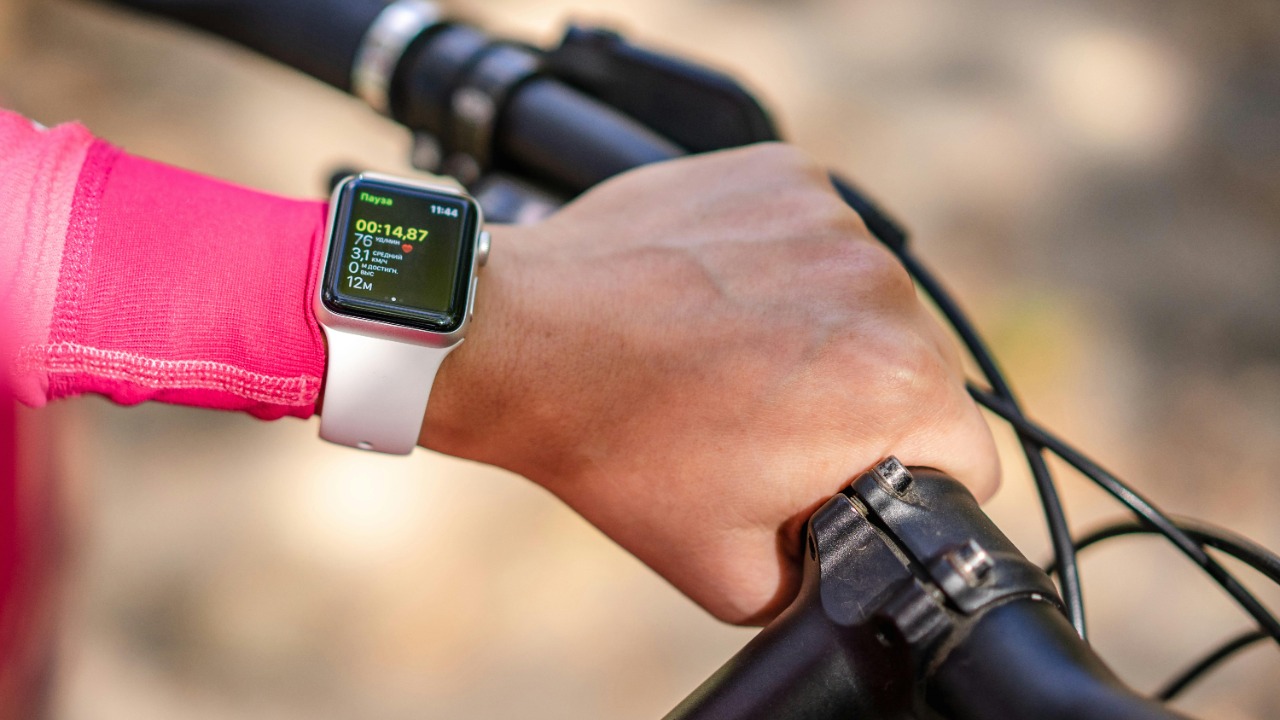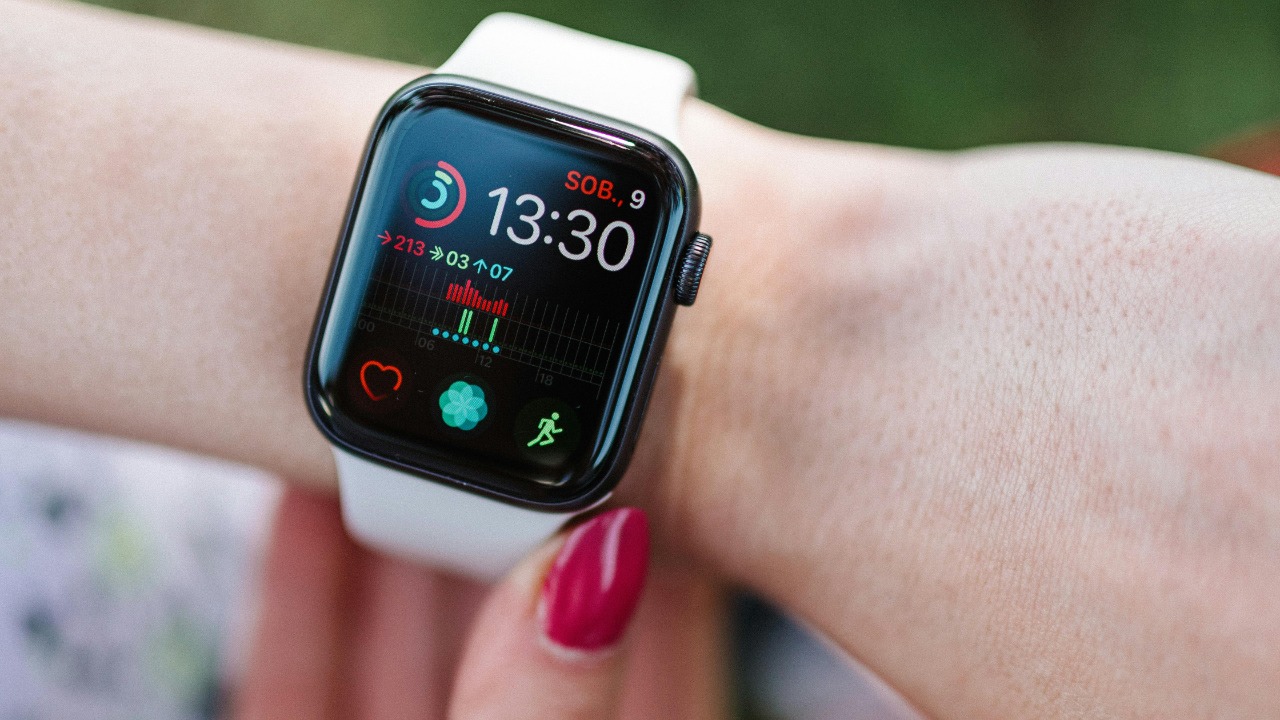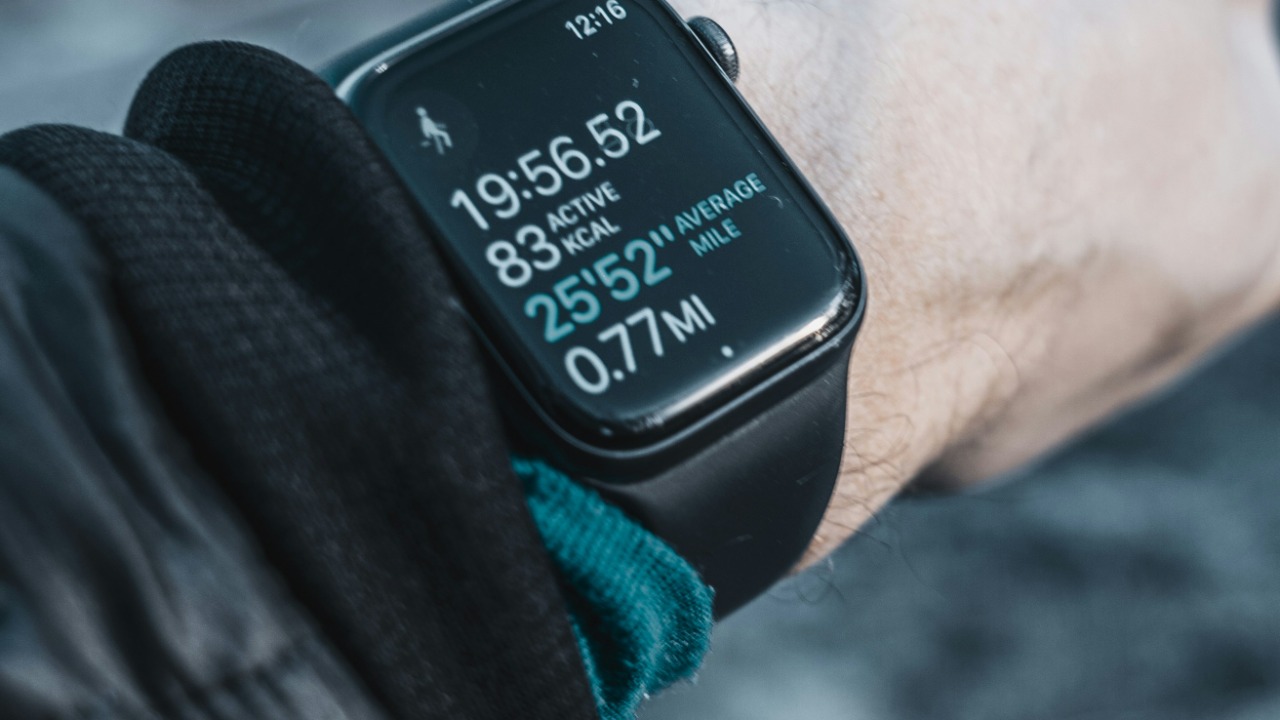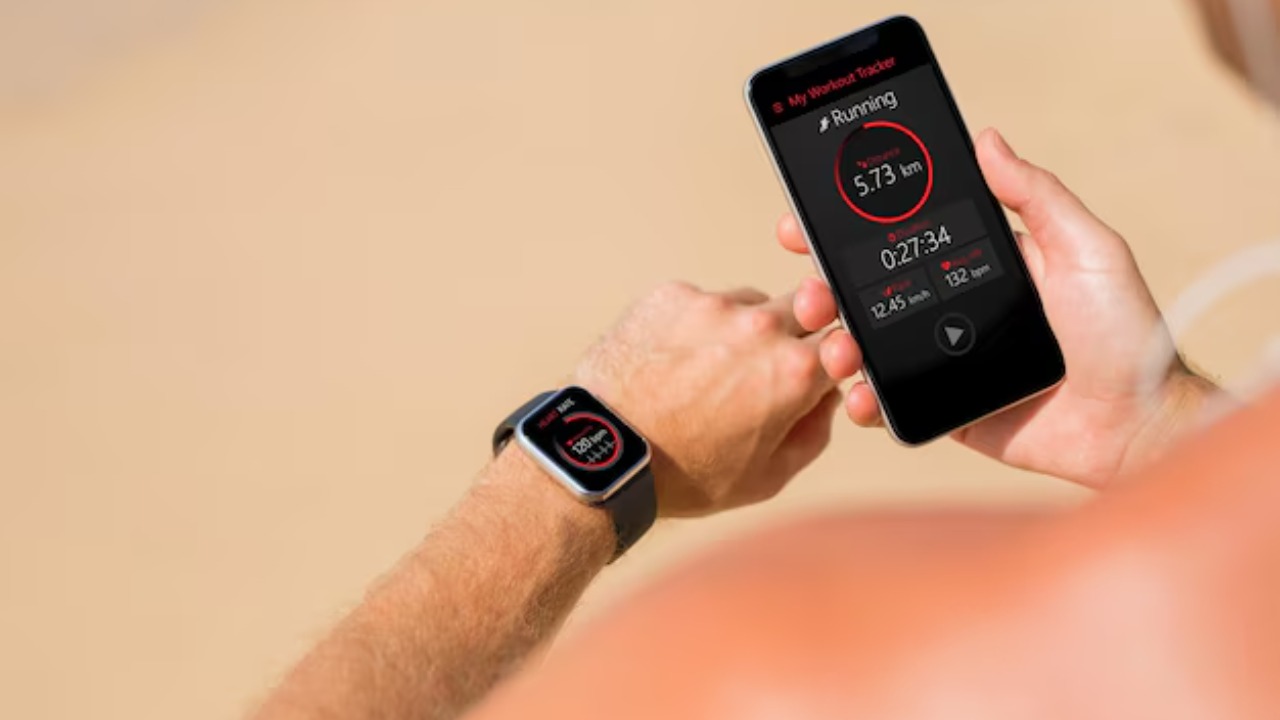
Health apps have become a mainstay in our daily routines, providing a wealth of information about our physical wellbeing. They are a handy tool for tracking steps, monitoring sleep patterns, gauging heart rate, and calculating calories burned. However, a growing body of research suggests that the calorie burn data provided by these apps might not be as accurate as we think.
The Role of Health Apps in Fitness Tracking

Health apps, such as Apple’s Health app or Google Fit, have revolutionized the way we track our fitness progress. They collect data from our daily activities, such as the number of steps we take, the amount of sleep we get, and the intensity of our workouts. Using complex algorithms, these apps then estimate the number of calories we’ve burned throughout the day.
The accuracy of this information is critical. Many people rely on these apps to help them achieve their health goals, whether that’s losing weight, gaining muscle, or simply staying active. However, if the data provided is inaccurate, it could lead to frustration and possibly even health risks.
The Accuracy of Calorie Burn Data in Health Apps

Recent studies have questioned the accuracy of the calorie burn data provided by health apps. The issue lies in the algorithms used to calculate this data. These algorithms are often crafted based on averages and may not account for individual differences in metabolism, muscle mass, and fitness level. This can result in an overestimation of calories burned, as shown in a study covered by Today.
For example, popular apps like MyFitnessPal and Fitbit have been reported to overestimate calorie expenditure, with some users reporting discrepancies of up to 50%. This raises serious concerns about the reliability of the data provided by these apps and its impact on users’ health and fitness goals.
The Impact of Overestimated Calorie Burn Data

Overestimated calorie burn data can have significant implications for users. Those who rely on this data for weight management may consume more calories than necessary, believing they’ve burned more than they actually have. This can hinder weight loss efforts and even lead to weight gain.
Moreover, inaccurate data can lead to unhealthy eating habits. For instance, a user might feel justified in overeating or indulging in high-calorie foods, thinking that they’ve “earned” it through exercise. This cycle can be damaging, as illustrated in this Instagram reel, where users share their misadventures with misleading calorie burn data.
Experts’ Opinions on Health Apps’ Calorie Burn Data

Fitness and health experts agree that while health apps can be beneficial, they should not be the only source of information for tracking calorie burn. As Eureka Health suggests, users should take the data provided by these apps with a grain of salt and combine it with other tracking methods for a more accurate picture.
Experts also recommend paying attention to other signals your body provides, such as hunger cues and changes in energy levels. These can give you a better understanding of your body’s needs than any app can provide.
Tips to Use Health Apps Effectively

Despite their potential inaccuracies, health apps can still be effective tools for fitness tracking. It’s essential to understand that these apps provide estimates, not exact figures, and should be used as part of a broader fitness and diet plan.
One useful approach is to combine health app data with other fitness tracking methods. For instance, using a heart rate monitor during workouts can provide a more accurate measure of calorie burn than relying on an app’s algorithm alone. Similarly, keeping a food diary can give you a clearer picture of your caloric intake compared to the estimates provided by health apps.
Ultimately, the key to using health apps effectively is to listen to your body. Pay attention to how you feel, your energy levels, and other physical signals. These are the most reliable indicators of your health and fitness, and they can help guide your diet and exercise choices more accurately than any app.